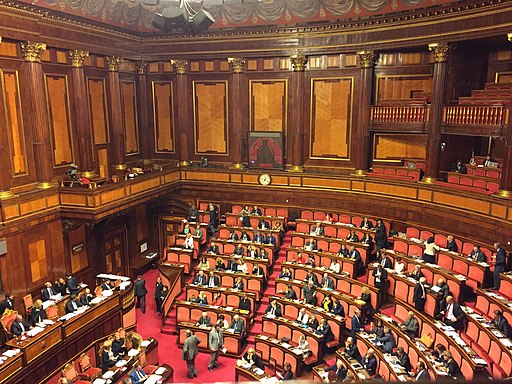The Italian government has adopted a zero-tolerance stance towards illegal television streaming services, as part of a broader effort to combat digital piracy. Two anti-piracy amendments were approved within the new Omnibus Decree, backed by Fratelli d’Italia and Forza Italia, which introduces harsh penalties for those using or knowingly allowing illegal streaming services without reporting them. One of the most controversial measures includes prison sentences of up to one year for users who engage with illegal services or fail to notify authorities. The amendments were debated in the Senate on September 30 and will now proceed to the Chamber of Deputies for further review.
Expanded Powers for Regulatory Authorities
The first amendment grants expanded authority to AGCOM, Italy’s communications regulatory body, allowing it to enforce urgent measures against internet service providers, including VPN services and publicly available DNS providers like Google. These intermediaries will now be responsible for blocking access to illegally streamed content, particularly sports events that violate copyright law. The enforcement window remains strict, requiring that access be cut off within 30 minutes of receiving a notification of illegal activity.
Additionally, those who are aware of illegal streaming activities but fail to report them will face legal repercussions. This omission of notification could result in up to one year in prison. Meanwhile, AGCOM will be tasked with re-enabling access to IP addresses that have been blocked for at least six months but are no longer being used for illegal purposes.
Service Providers Held Accountable
The second amendment focuses on digital service providers, including access providers, search engines, and intermediaries such as VPN operators, content delivery networks, and reverse proxy servers. These entities, which act as gateways to the internet, are now required to report any known illegal activity to the authorities, providing all available information. Failure to comply will make these service providers criminally liable, even if they do not have a physical presence in Europe. If their services are accessible from Italy, they must appoint a legal representative within the country to handle compliance issues.
These amendments strengthen the framework set out by a protocol signed just ten days ago between AGCOM, Italy’s Financial Police, and the Prosecutor’s Office of Rome. This new regulation allows authorities to track down users of illegal streaming services and issue fines ranging from €150 to €5,000.
Industry Concerns Over New Regulations
While the government sees this as a necessary step in curbing piracy, not everyone is on board with the aggressive crackdown. Assotelecomunicazioni, the telecommunications industry body, expressed concerns about the new responsibilities placed on service providers and intermediaries. “They have been essential in the success of piracy shields,” said Asstel, warning that imposing criminal liability on operators could disrupt the cooperative approach that has been effective so far. They argue that penalizing service providers is inconsistent with their role in facilitating network access and goes against broader European communication regulations.

